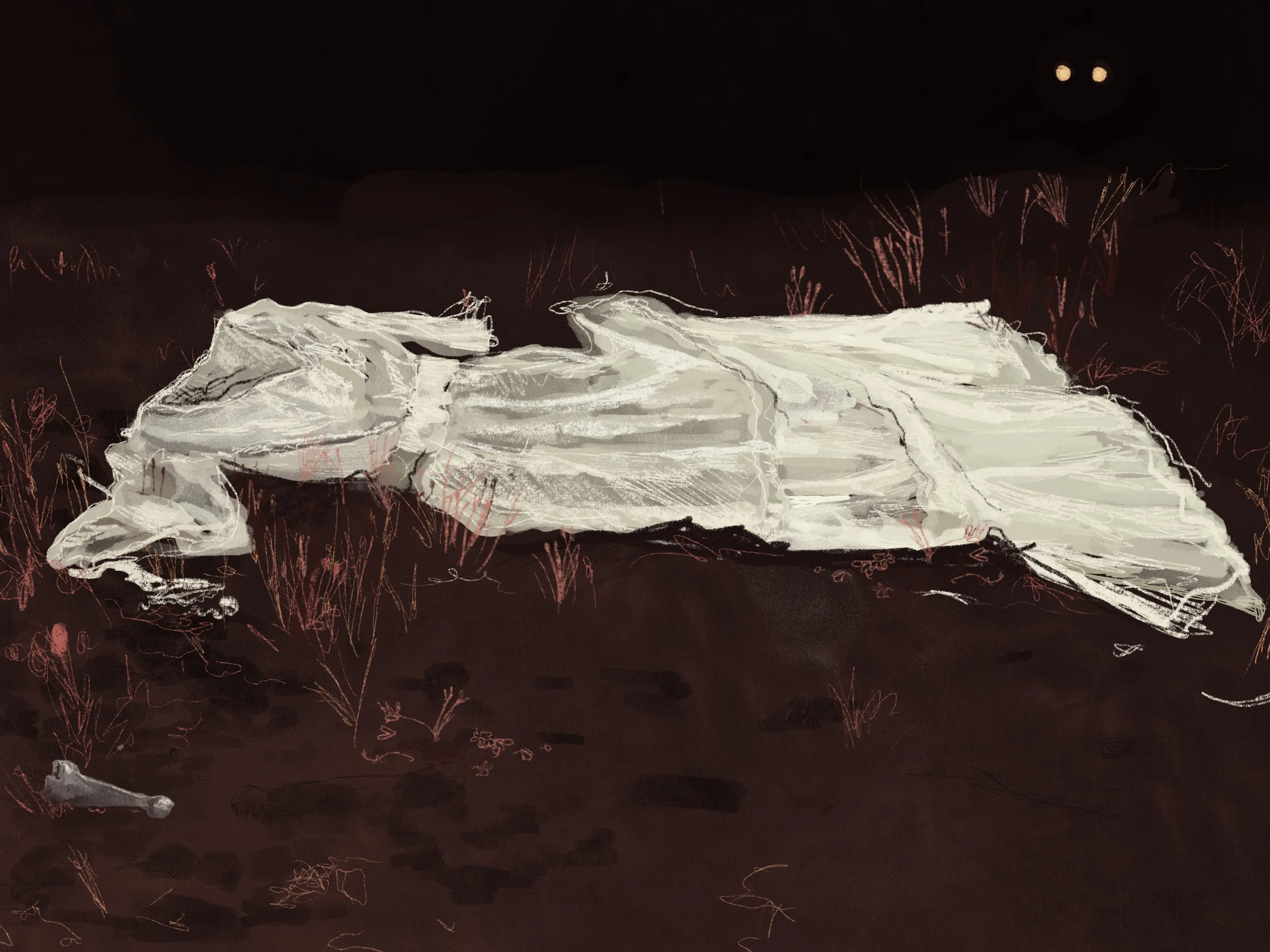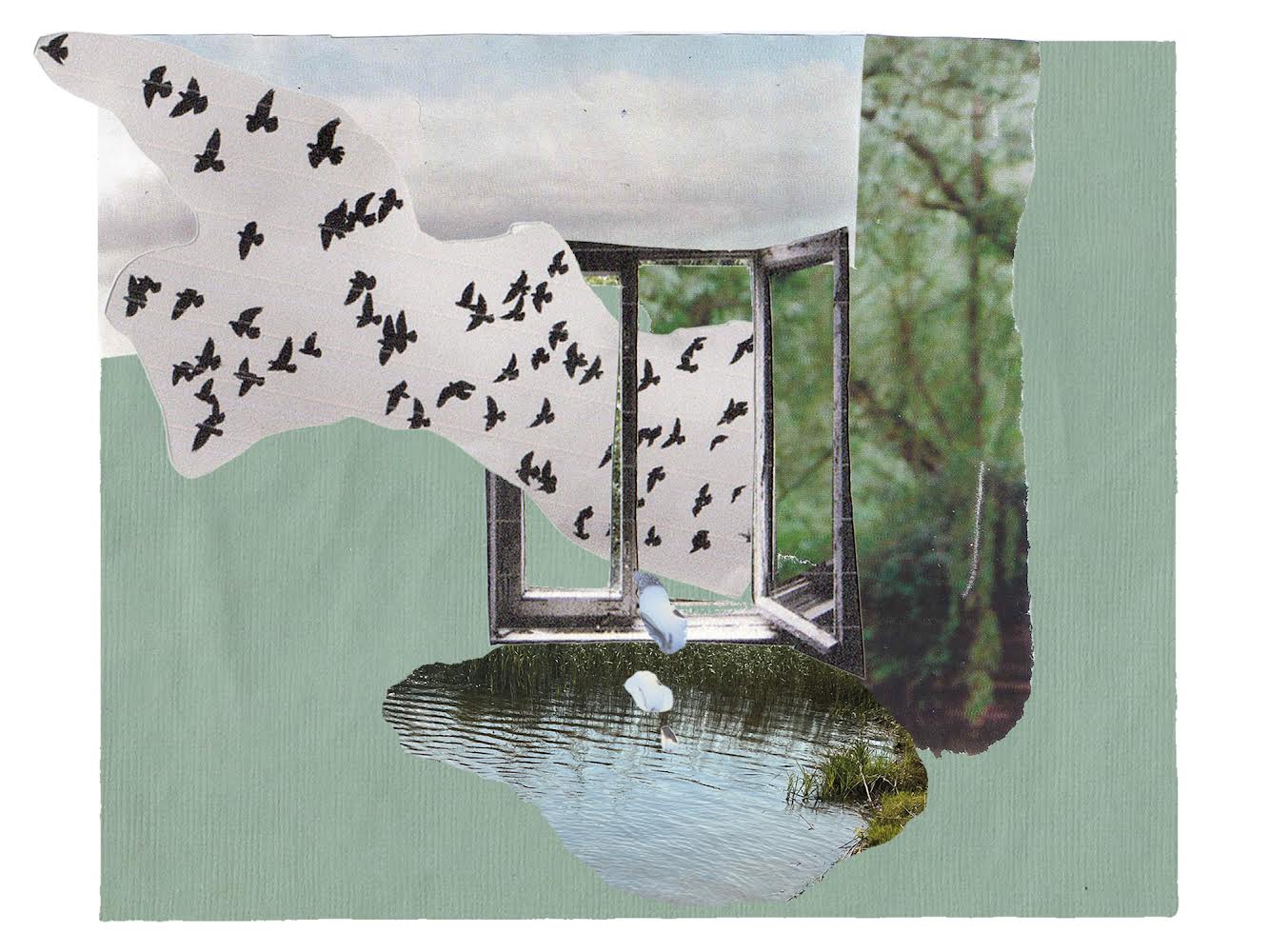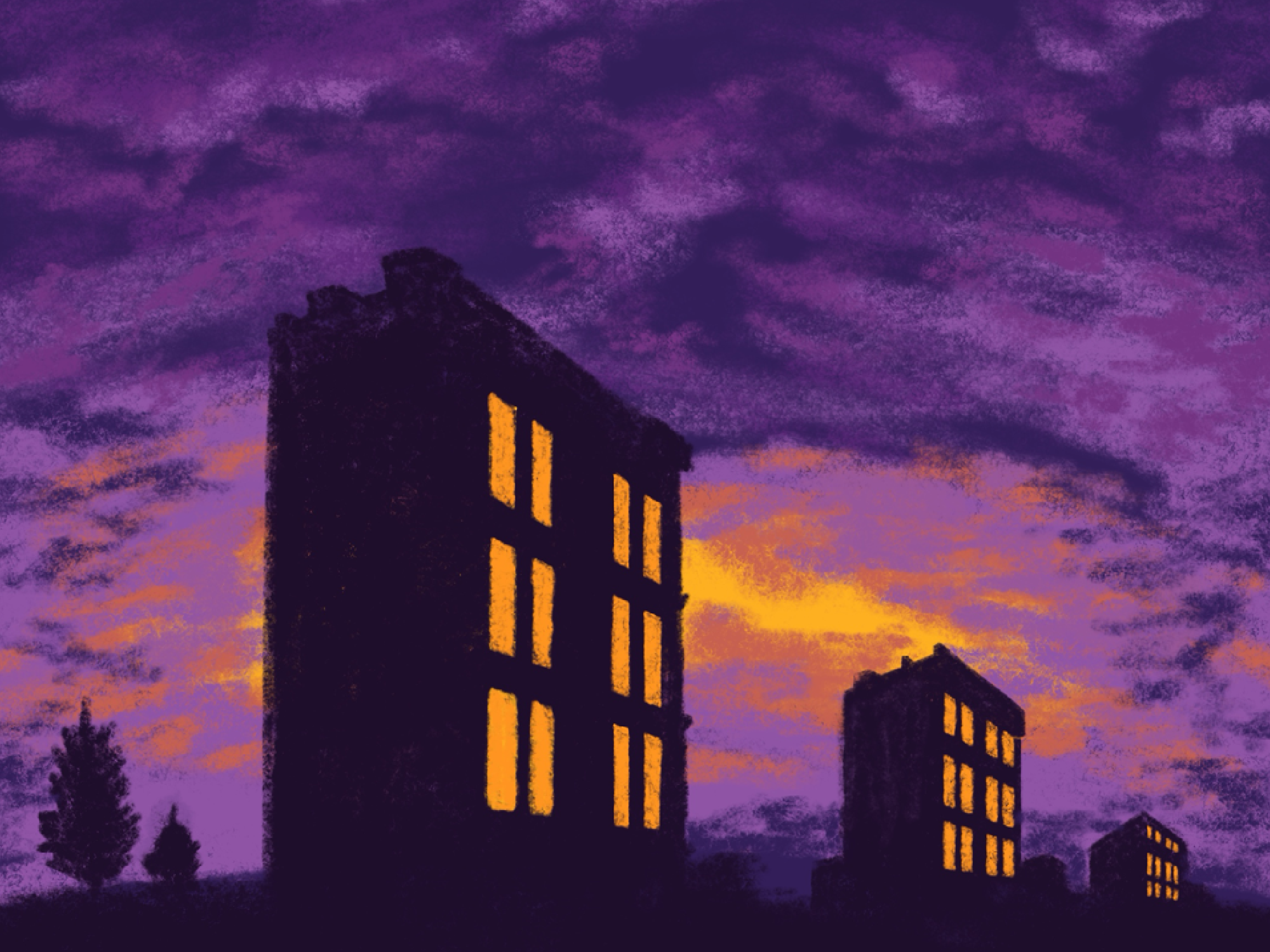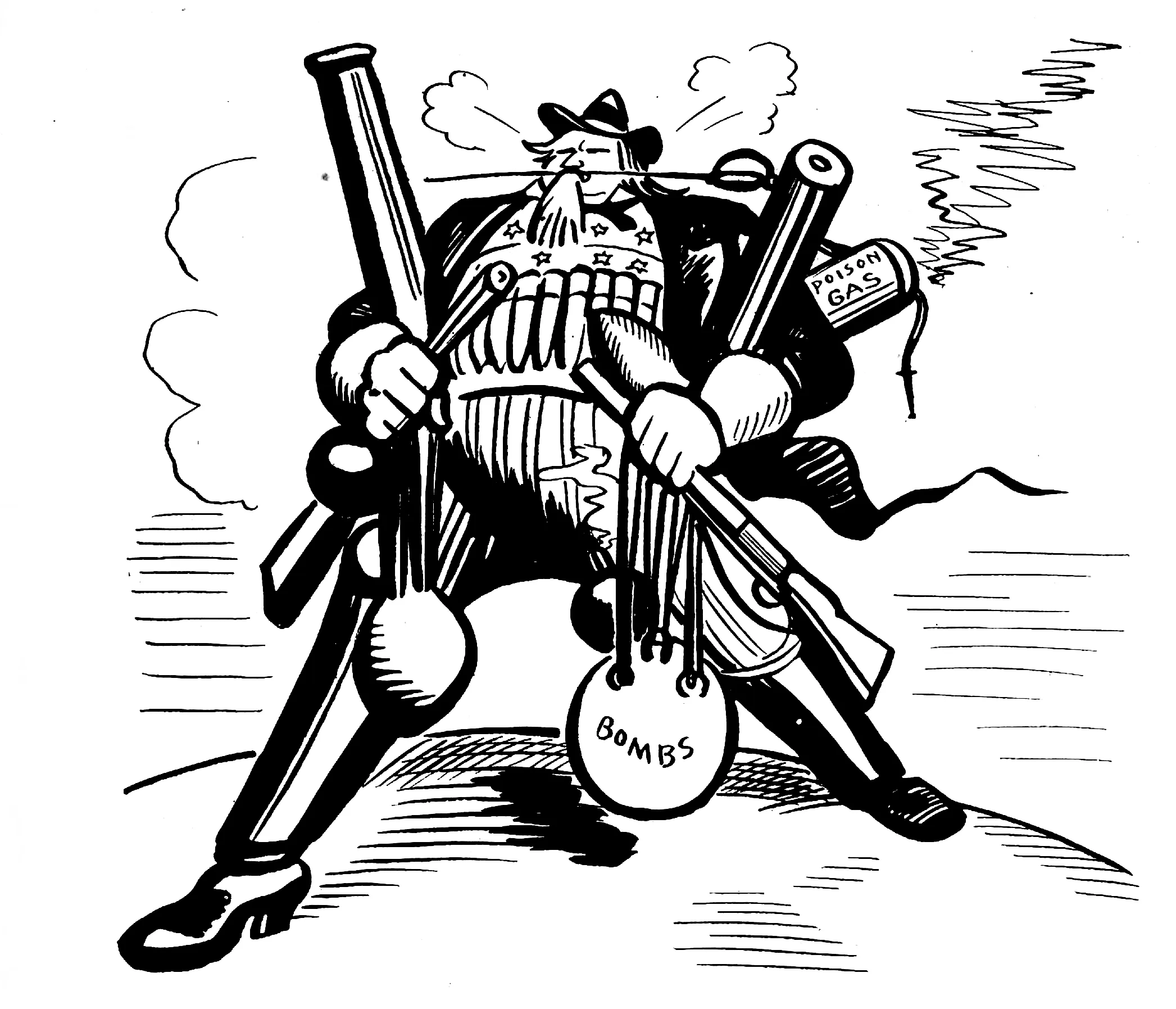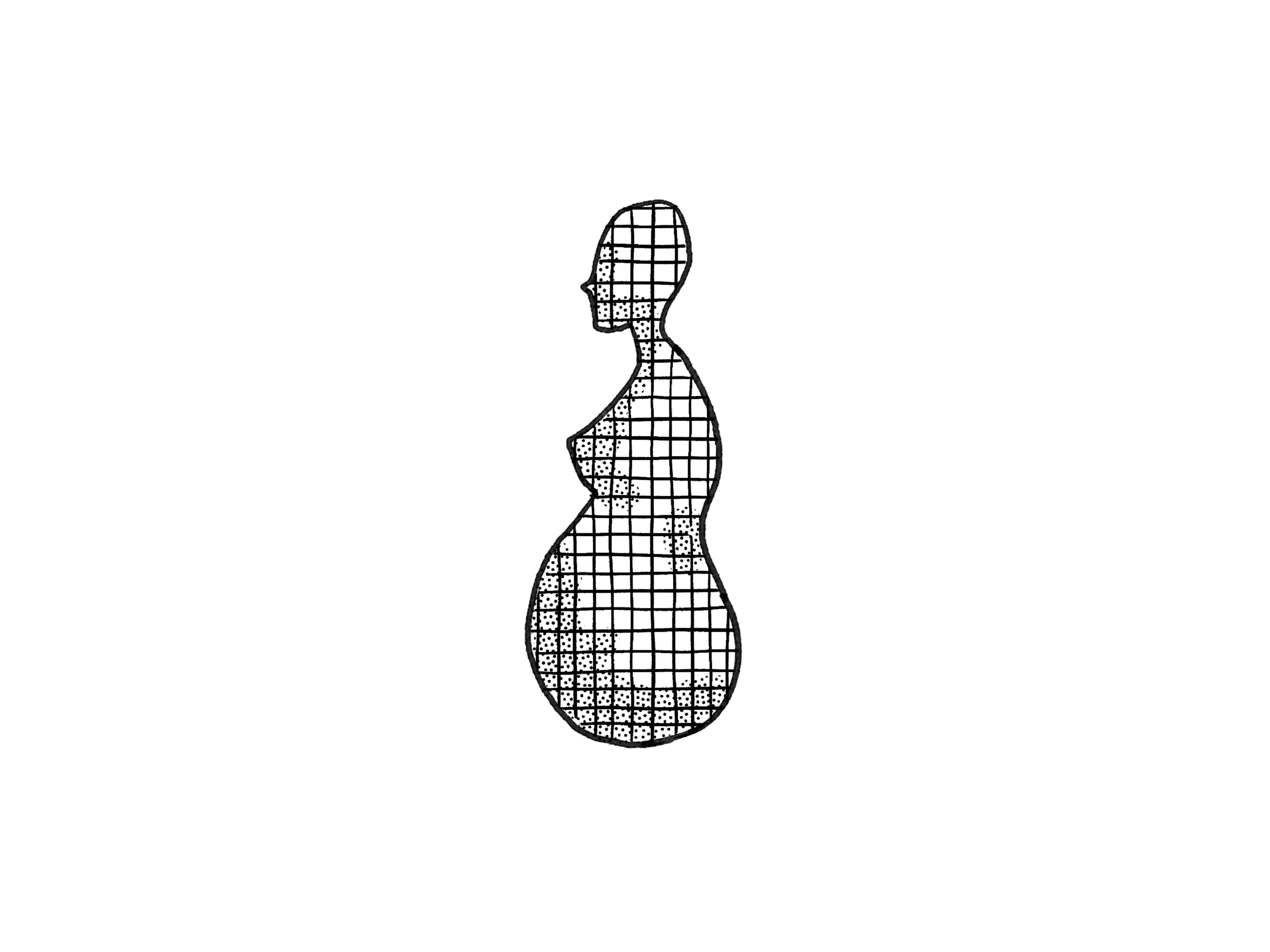Latest
March 12, 2024
Past Tense | Our Historical Fiction Hang-Ups
David Schurman Wallace
The historical novel isn’t cool. Popular? Yes. Enduring? Yes. A bit, well — for nerds? Also yes. Coolness lies in being at the right place at the right time, particularly before everyone else — in possessing a sensitivity to the zeitgeist. This grasp of the bleeding edge, crucial to literature considered broadly countercultural, is used by writers (in a downtown bar, or up in a garret) to make history, not...
March 12, 2024
The Wolf Man | Fiction
Caroline Gioiosa
I met the Wolf Man at a pool hall in Point Reyes last summer. Under the sickly bar lights, his face looked scrambled, like a Cubist collage — one eye higher than the other, an uneven nose, a mouth that could swallow a fist. I’d arrived alone on a Thursday night, after driving a half hour north from my parents’ beach house on the mesa. The Wolf Man was the...
March 12, 2024
Unfathomably Deep | Fiction
Sophie Madeline Dess
I know indeed what evil I intend to do, But stronger than all my afterthoughts is my fury, Fury that brings upon mortals the greatest evils. — Euripides’s Medea, 431 B.C.E. Three men were supposed to spread me open, check me out. One of the men was late. The other two began without him. The room was hot and forbidding. As the men locked me in my stirrups, they told...
March 12, 2024
An Apology | Poetry
Robert Wood Lynn
I awoke. You weren’t there but there were horses on the beach. I got up, made believe nothing hurt and my evidence was horses on the beach even though the beach horses were remarkably indifferent to the thrill of horses on the beach. I went about my day. I went for a run in the surf. The horses only sauntered, heads slung low as an apology. With my long hair...
March 12, 2024
“The Impossible Is Always Happening” | An Interview with Saree Makdisi
The Drift
Since October 7, as Israel has attacked the Gaza Strip, young people at colleges across the country have led protests in solidarity with the people of Gaza and in support of a cease-fire. In the halls of Congress and the newspapers of record, around television sets and holiday tables, these protests ignited a set of secondary debates: about free speech, slogans, anti-Semitism, and the concept of debate itself. To help...
March 12, 2024
Shed Light | Poetry
Michael D. Snediker
Argo ergo an ego in the rye & once only once he laughs at the sun. Paired into alibis, asking a lot then (steadily) a little less. Stripped down to my funny little hip & a watercolor fuss waving it away. His lower tone, before being asked to cope wherever the kite gone missing sailed into the suffering branch. A furnace of settled hours. & the vision of a sudden...
March 12, 2024
You Made a List of What You Wanted from the Earth | Poetry
Robert Wood Lynn
and I wasn’t on it. RASPBERRIES appeared twice. I am grateful to know you well enough to understand this wasn’t by accident. You listed SLEEPING IN right above MORNING GLORIES, your own way of including SITTING WITH CONTRADICTION which would be on mine. Maybe the only item. Or maybe not — there’s you and the poems of Catherine Barnett and also I like the color of morning glories but not...
March 12, 2024
carrion | Poetry
Nicole Adabunu
the dead deer we saw on the way to your place, brain knitted wet outside its chest, once lighthouse twice blooded, pulse instinct. a body shot out of its head quarters. every car’s a fan tonight, slowing to watch a heartbeat unheat itself. who do we rot back to? steel aluminum stare, ants crawling the iced unblinking. the radio’s playing a song about getting undressed. wanting someone down to the...
March 12, 2024
Editors’ Note | Friends of Peace
The Editors
Ten thousand protestors assembled in Washington Square Park before heading up Fifth Avenue to 26th Street and looping back down to Union Square. Their signs bore phrases like “NO NATION CAN AFFORD BOTH WAR AND CIVILIZATION” and “WHAT PRICE GLORY?” This event, reported in Nicholson Baker’s Human Smoke, occurred in 1935, well before the Nazis invaded Poland; in 1936, Germany was the third-largest purchaser of American arms. But, sensing the...
March 11, 2024
Great Personal Risk
S.C. Cornell
“Every miscarriage is a work accident,” Silvia Federici wrote in 1974, in the essay “Wages Against Housework.” Federici’s argument is simple. If housework is work — if cooking, cleaning, childbearing, and child-rearing are both tiring for the worker and productive for society — then why shouldn’t it be waged? What, besides a very long and successful campaign to dupe women, could lead them to do so much labor without pay? ...



